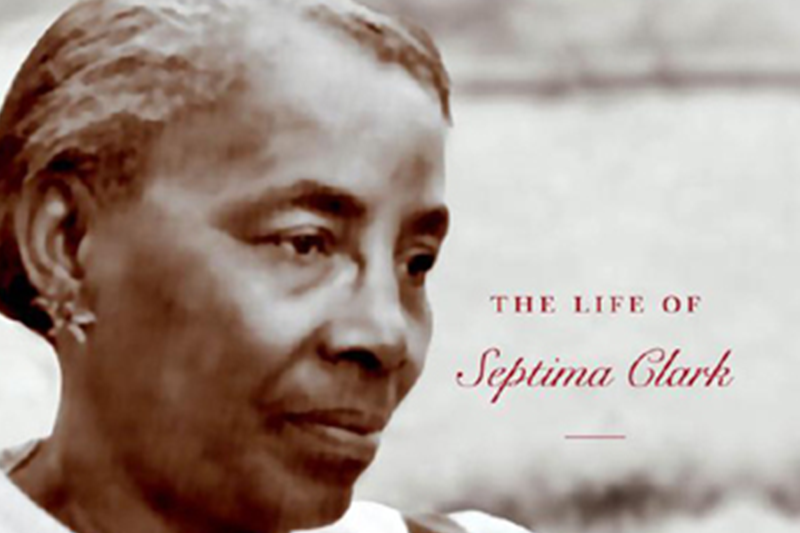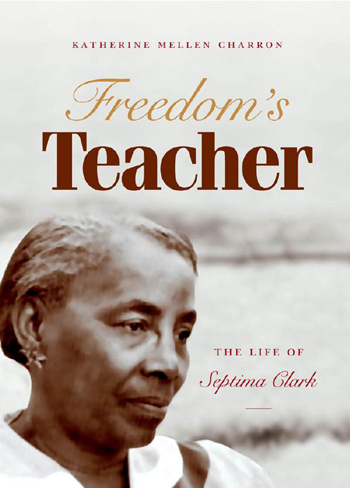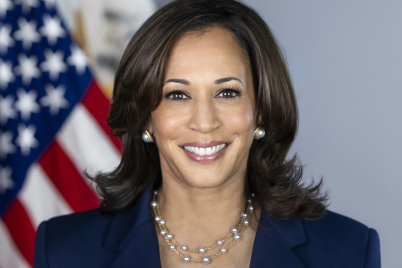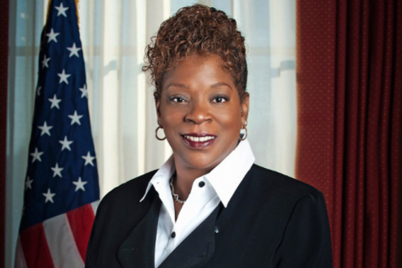By Keisha Bell
Remember when it was illegal for slaves to write? Reading and drawing were tolerated, but writing was disallowed.
Black’s Law Dictionary defines “slave” as one who has no freedom of action, but whose person and services are wholly under the control of another.
Could it be that others continue to think of you as a slave? (One could argue that some think of Colin Kaepernick as a slave, as well as Jemele Hill. Why not you too?)
Wait!
Do you self-identify as a slave?
South Carolina was first to pass laws prohibiting slave education in 1740, making it illegal to teach slaves to write. Its violation carried a financial penalty for the teacher.
Plantation owners feared slave revolts and desperately aimed to restrict slaves’ ability to communicate with one another. Keeping slaves ignorant was necessary for plantation owners who did not want them to be free or question their authority. Examples to maintain control were as follows:
-
In 1831, Delaware passed a law that prevented the meeting of a dozen or more blacks late at night;
-
In 1833, Alabama enacted a law that prohibited any assembly of blacks unless five slave owners were present or an African-American preacher had previously been licensed by an approved denomination;
-
In 1836, North Carolina, a state that previously allowed free African-American and white children to attend schools together, passed a law that strictly prohibited the public education of all African-Americans; and
-
In 1841, the Mississippi state legislature passed a law that required all free African-Americans to leave its state.


 As is known, these laws were in addition to other cruel and unusual punishments used during those times intended to instill fear in slaves and free African-Americans so they would not “get out of line.”
As is known, these laws were in addition to other cruel and unusual punishments used during those times intended to instill fear in slaves and free African-Americans so they would not “get out of line.”









